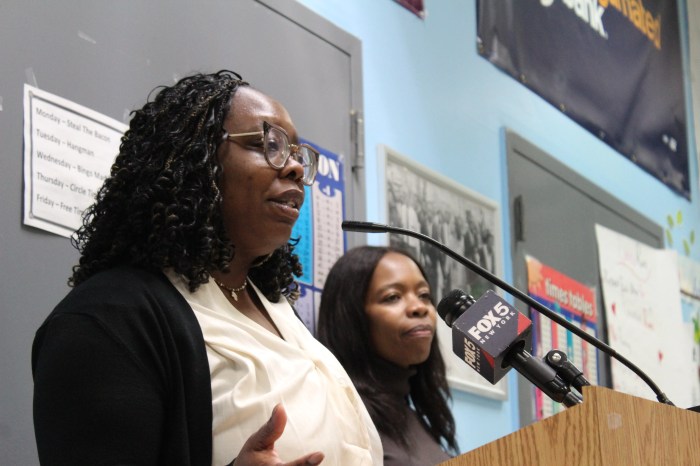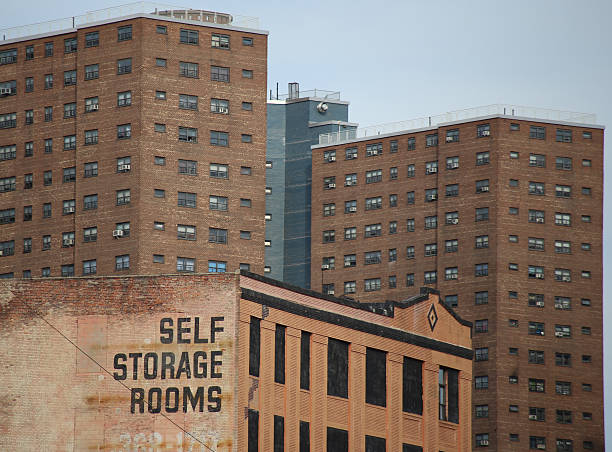More than nine months since the administration of President David Granger fell by way of an opposition no confidence parliamentary vote, Guyana is yet to vote in fresh elections and despite the fact that the elections commission has now said it will be ready by the end of February, there is still no fixed date as to when Guyanese will go to the polls.
Addressing the nation late Wednesday, Granger said that the earliest possible date for elections would be March 2 of next year but he argued that the main opposition People’s Progressive Party (PPP) which had successfully brought down the administration with the no confidence vote on Dec.21, would first have to join with his governing coalition to extend the life of parliament.
The PPP has steadfastly refused to do so in recent months despite the fact it was the one leading the charge for immediate elections in the aftermath of that stunning parliamentary vote.
Granger’s assertion that the earliest possible date for elections could be March 2, has now brought a fresh round of uncertainty to the country as some believe that March 2 is in fact the voting date, while others like the PPP point to the language in the address, saying it is a more of a general time frame rather than a fixed date
“I am pleased to announce that, after discussions with chairman of the elections commission and with my cabinet, the earliest possible date for the holding of general and regional elections will be on Monday, 2nd March 2020,” he stated. He also set October 10th as the date for a special sitting of parliament but it seems certain that the PPP may not attend and give government the constitutional cover to continue its original governance mandate and prepare for elections.
The government’s five-year term is, ironically, scheduled to end around May of next year. Any delays or squabbling over the date and attendance of parliament might allow authorities to serve out their full five years despite losing the parliamentary vote.
The administration fell after government lawmaker Charrandass Persaud voted with PPP MPs’ to topple the government, saying he was fed up with its governance style. He denied accepting a $1 million bribe from the PPP and or its associates. He fled to Canada where he is a citizen.
Reacting to the address, the PPP said that Granger “has not given a definitive date for general and regional elections. The PPP remains convinced that his call for a return to the national assembly is an attempt to blackmail the parliamentary opposition into extending the life of his illegal government, so that he can secure some legal cover for the many illegal acts, including the approval of billions in contracts, which have been committed since the passage of the no-confidence motion on Dec. 21, 2018. All of this is taking place as he grasps for some level of respectability,” the party noted.
Either way, Granger’s address has also served to signal the official start for general elections as the country prepares to become the world’s newest oil producer sometime in late November or early December. Critics say who wins this won will control the country politically and economically for decades to come.





















